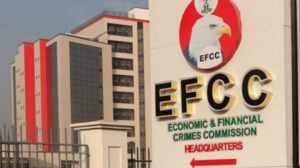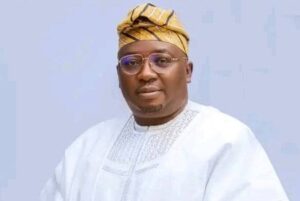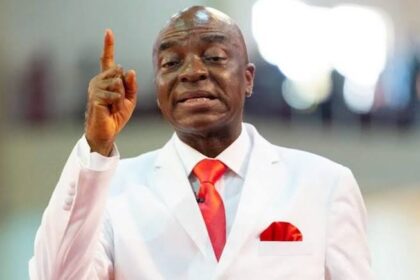The Economic and Financial Crimes Commission (EFCC) has attributed the frequent collapse of Nigeria’s national grid to the use of substandard electrical materials supplied by allegedly corrupt contractors in the power sector.
According to EFCC Chairman Ola Olukoyede, this widespread use of inferior materials has been a significant factor behind persistent power outages and grid failures, severely impacting the country’s infrastructure and economic growth.
Olukoyede made these remarks during a visit by members of the House Committee on Anti-Corruption and Financial Crimes to the EFCC headquarters in Abuja on Tuesday. …CONTINUE READING


He noted that the agency’s investigations revealed a pattern of dubious practices among contractors awarded projects in the power sector. Instead of adhering to specified standards, these contractors reportedly supply lower-quality materials, resulting in frequent equipment malfunctions and grid collapses.
READ ALSO
REVEALED! US Court Renews Air Peace Boss Allen Onyema’s Arrest Warrant Over Alleged Fraud
As Olukoyede explained, “People who were awarded contracts to supply electricity equipment, instead of using what they call 9.0 gauge, they will go and buy 5.0. Every time you see the thing tripping off, the thing gets burnt, and all of that, it falters and it collapses.”
According to the reports from The Punch Newspaper, the collapse of the national grid has been a recurring issue, with the system experiencing 10 collapses this year alone. Recently, no fewer than 17 northern states were plunged into darkness for over a week following grid failures exacerbated by bandit attacks on electricity towers. Power Minister Adebayo Adelabu has also pointed to obsolete infrastructure as a significant cause of these breakdowns.
Olukoyede further lamented the poor execution of capital projects in Nigeria, highlighting that less than 20 percent of these projects have been completed over the past 20 years. He stressed that this lack of progress in capital project implementation severely hinders national development and expressed the EFCC’s commitment to improving these outcomes.
“If we don’t implement our capital projects, how do you want to have infrastructural development? How do you want to grow as a nation?” he asked. He noted that one of the EFCC’s goals this year is to work closely with relevant directorates and the National Assembly to ensure at least 50 percent completion of capital projects.
Olukoyede emphasized that meeting this target would be crucial to driving Nigeria’s infrastructure and economic growth. He called on lawmakers to support the commission’s efforts to curb corruption and promote accountability, noting that effective implementation of capital budgets is essential for the country’s progress.



